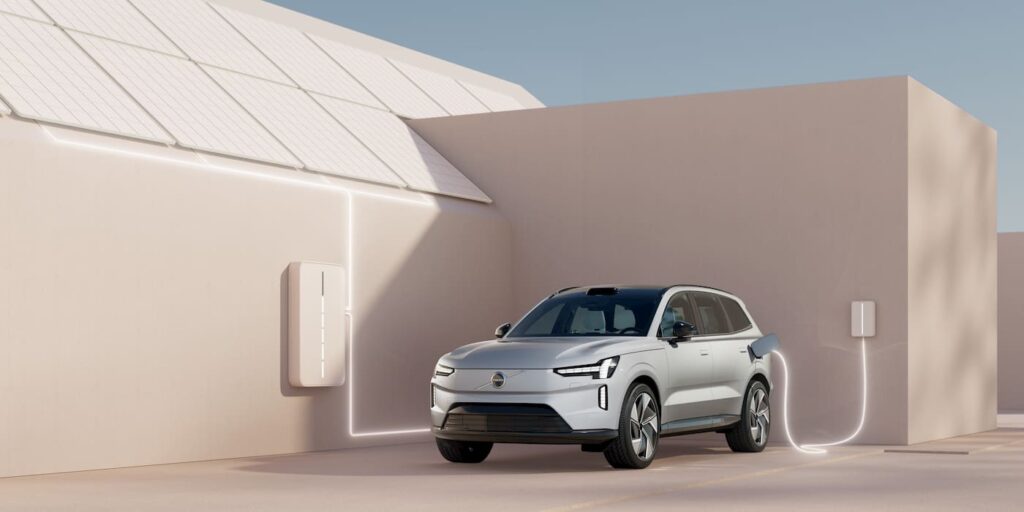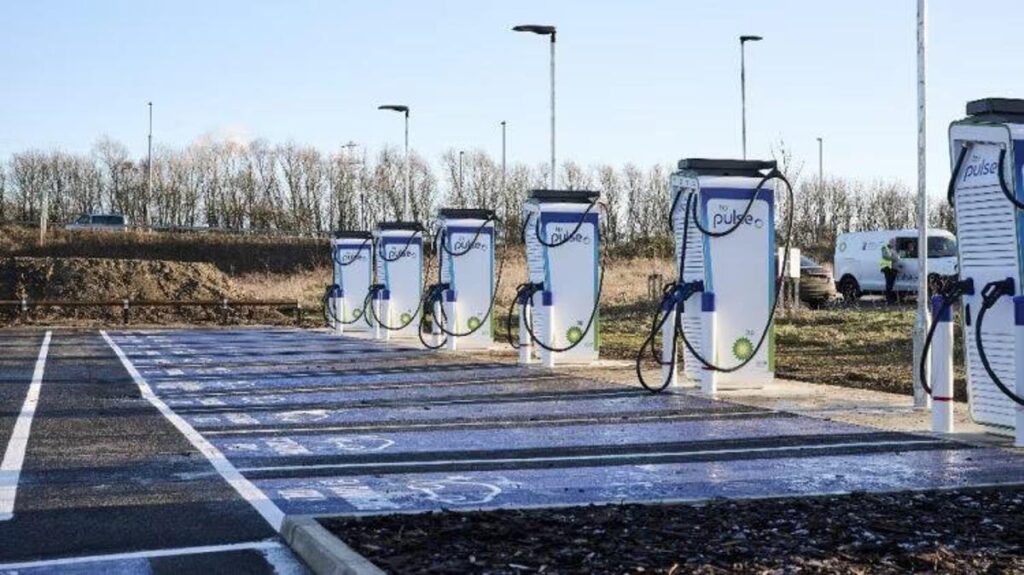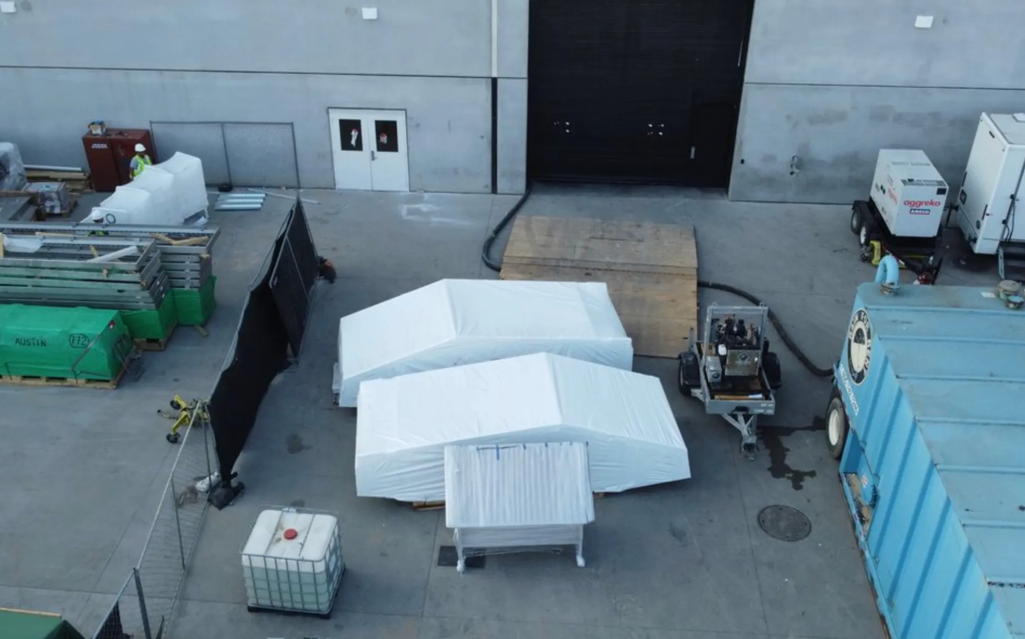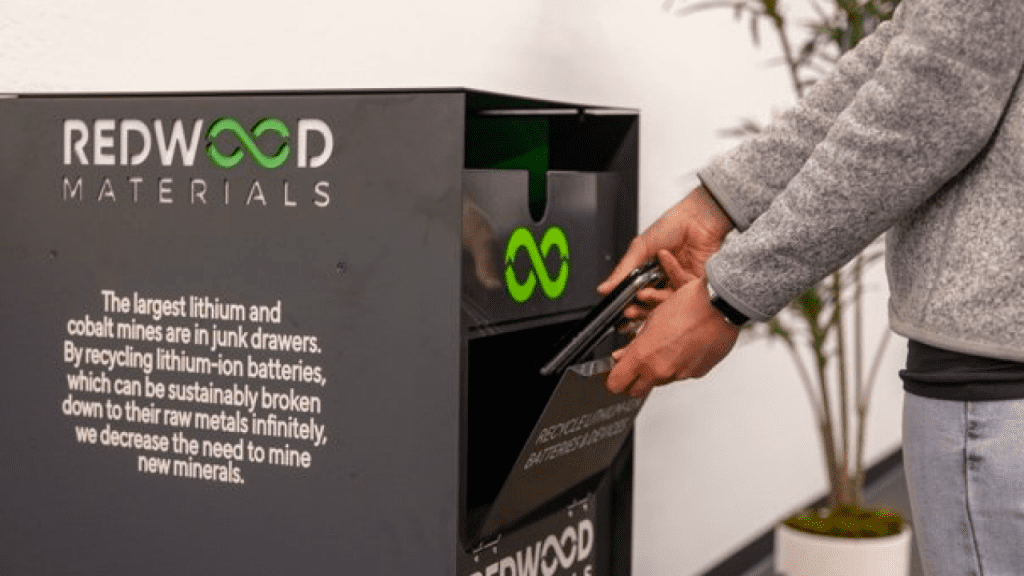Volvo Cars have made a significant investment in the smart home energy business dcbel. The Swedish automaker has decided to back dcbel’s research and development and market expansion efforts with funding from its corporate venture capital arm, the Volvo Cars Tech Fund.
According to Alexander Petrofski, CEO of Volvo Cars Tech Fund, “Home Energy Management Systems will play a vital role as we move towards bi-directionality of electric vehicles.” “Our investment in dcbel and its technology can help alleviate the challenges of rising energy prices and frequent blackouts that consumers face today.”


The dcbel r16 Home Energy Station is a cutting-edge, all-in-one, bidirectional EV charger for use in private residences. The device automates the administration of next-generation whole-house energy by concurrently converting electricity generated from rooftop photovoltaics and stored within home batteries. The Home Energy Station’s alternative energy sources are used smoothly by the station’s ingenious software to lower homeowners’ energy bills and the station’s overall environmental effect.
When connected to a smart charger like the dcbel r16, bidirectional vehicles (along with other energy storage devices) can function as a virtual power plant, assisting with demand control and selling excess energy back to the grid. Homeowners can take advantage of EV energy to power their homes at times of high utility pricing or during an outage, and they can be reimbursed for selling energy back to the grid thanks to bidirectional charging.
Read More: UVeye Raises $100 M Series D for Automated Car Inspection
dcbel Home Energy Station: The Future of Sustainable Living
“Volvo Cars and dcbel share the same values: safety, sustainability, and the pursuit of technological advancement,” stated dcbel CEO Marc-Andre Forget. “We are thrilled to be a part of Volvo Cars’ effort to electrify their entire fleet, and we are honored to have been chosen by the company.”
Customers who choose to acquire a dcbel Home Energy Station will have the ability to configure and purchase a renewable home energy bundle and a car of their choosing all in one convenient online location.
After the Home Energy Station is set up, the EV’s energy management decisions are taken care of automatically. This includes charging the EV automatically to alleviate range anxiety, sending power from the EV to the home during times of high utility rates, protecting the home from blackouts when the power goes out, sending power from the EV to the grid in an optimized fashion based on demand, and safeguarding the battery from degradation.
dcbel’s unified operating system, Orchestrate OS, coordinates with rooftop solar panels and stationary battery banks to provide clean, reliable electricity to the home. The optimal ways to use, store, or sell household energy are recalculated every five minutes by the household Energy Station using proprietary software. Connected gadgets, such as a homeowner’s smartphone, allow for full monitoring and management of all energy usage in the home.
As Forget described it, “dcbel’s Home Energy Station puts homeowners and their families at the center of the home energy ecosystem.”
FAQs
Bidirectional EV charging is a technology that allows electric vehicles (EVs) to both charge and discharge energy. This means that EVs can be used to power homes or businesses during times of peak energy demand, or to sell excess energy back to the grid.
Volvo Cars is committed to becoming a leader in the transition to sustainable mobility. The company believes that bidirectional EV charging is a key technology that will help to make EVs more affordable and accessible to a wider range of consumers.
Bidirectional EV charging offers a number of benefits for both consumers and the environment. For consumers, bidirectional EV charging can help to save money on energy bills, reduce their reliance on the grid, and increase their energy independence. For the environment, bidirectional EV charging can help to reduce greenhouse gas emissions and improve air quality.




